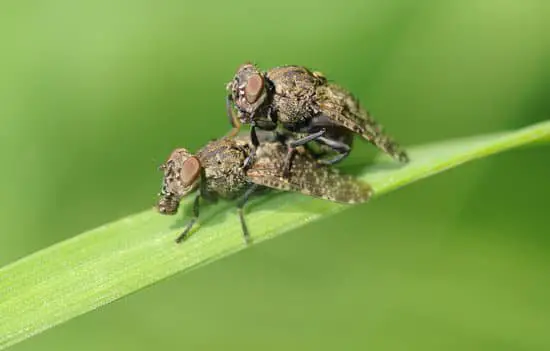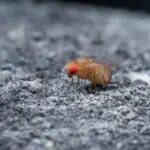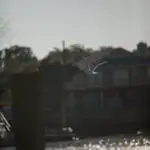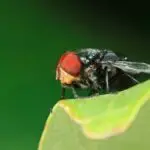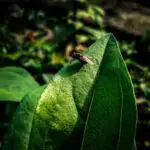How Does Flies Die in the Winter?
Flies have four life stages: they start as eggs, develop into maggots, and sleep as pupas before waking up as a fully grown, winged fly. During the fall and winter months, the eggs of flies do not hatch. While they are in the pupa stage, they survive the winter and will emerge in the spring.
Insects also hibernate like warm-blooded animals. The glycerol in their blood acts as an antifreeze and prevents them from dying in the winter. This allows them to survive the cold and lay eggs, which they will replace in the spring.
While many insects hibernate outside, flies will try to find a warmer place to survive. The best way to prevent flies from entering your home is to close any holes around the roof or windows. A sealant on the top storey and the underside of the eaves will help prevent this problem. And, of course, don’t leave dead flies around for long periods of time.
In the fall, you may notice the appearance of cluster flies. They’ll be more noticeable on taller buildings as the weather becomes colder. While these flies don’t breed or lay eggs indoors, they will seek refuge from the cold. And as the spring approaches, you will notice their departure.
